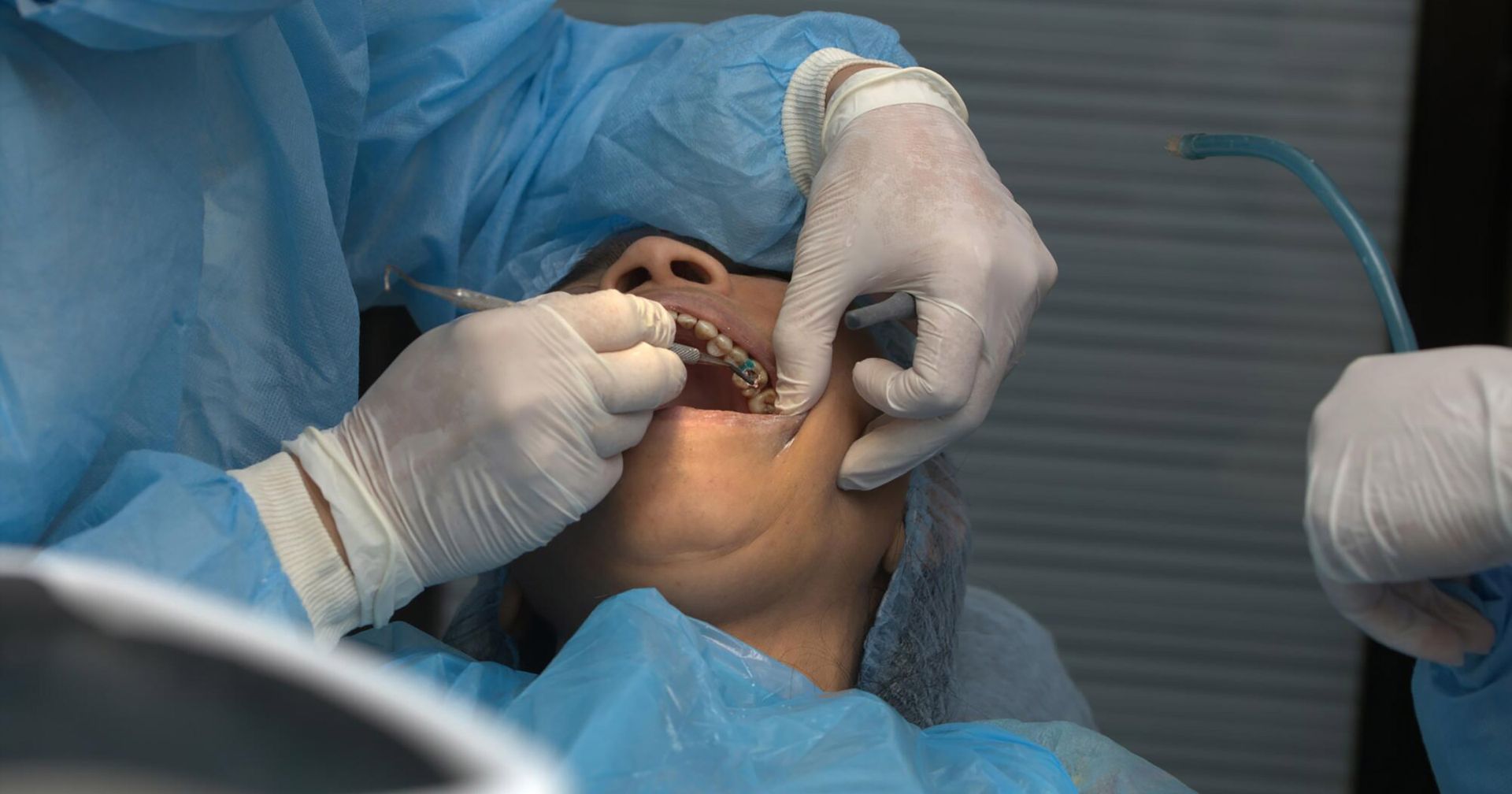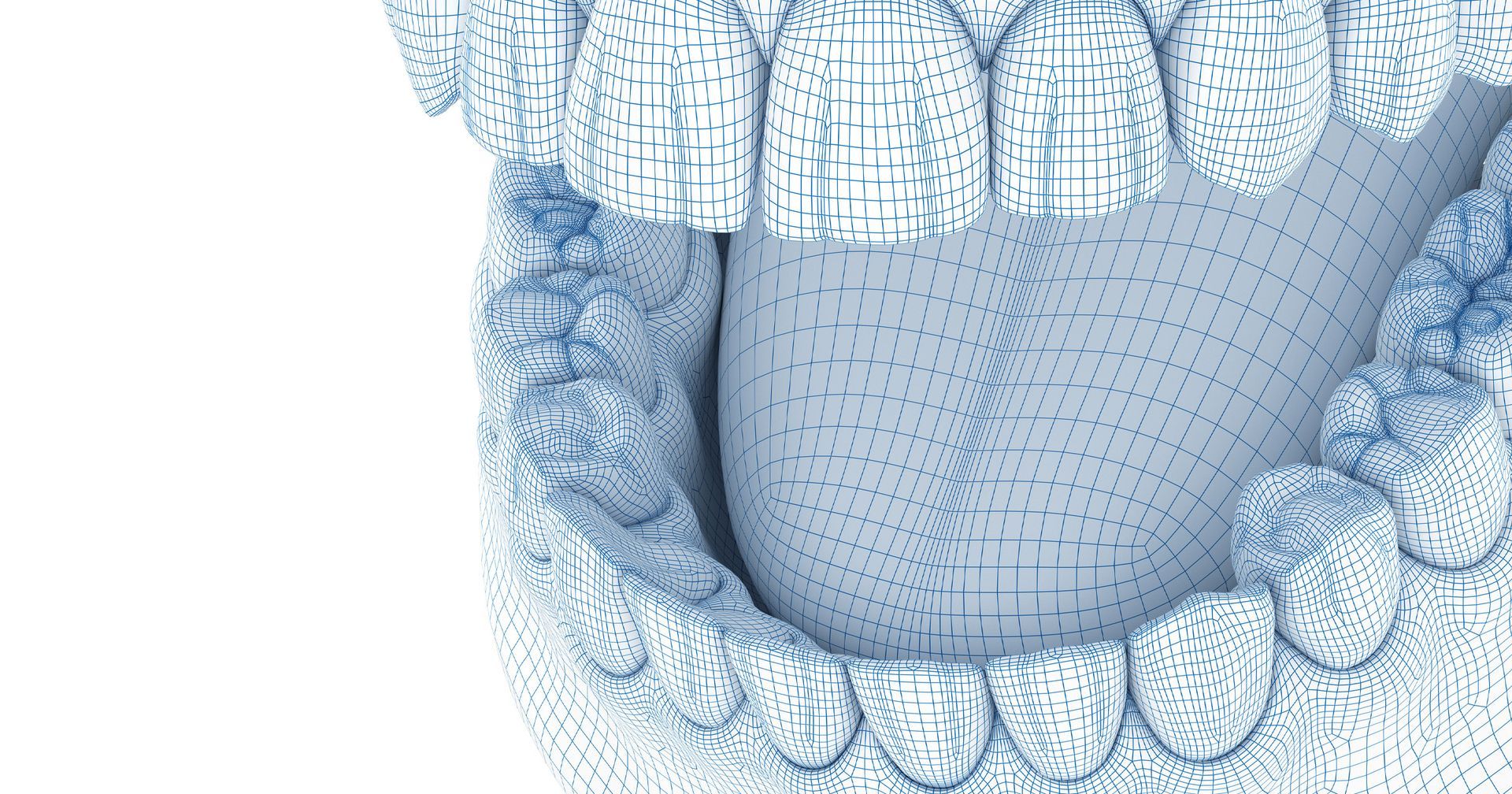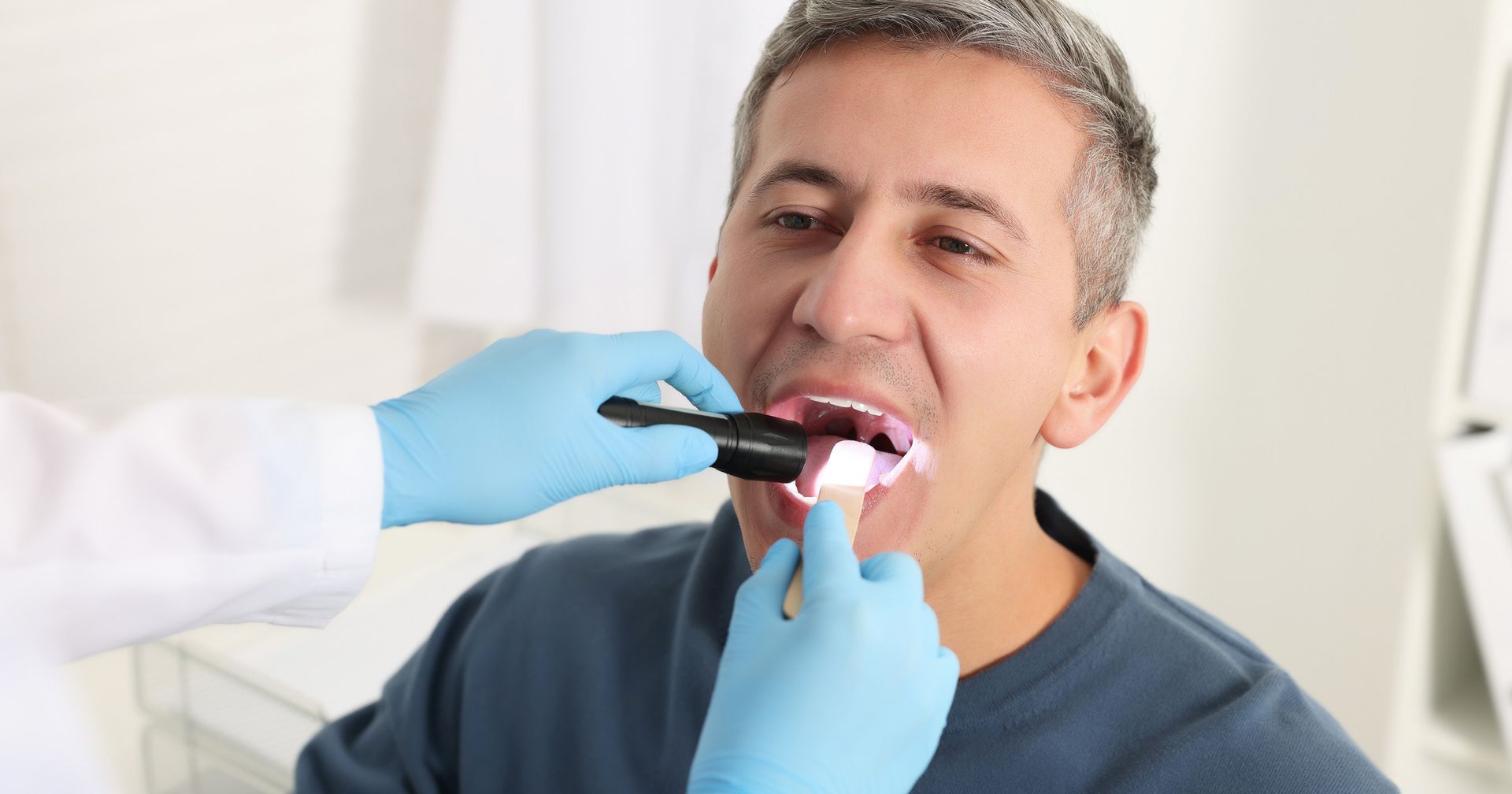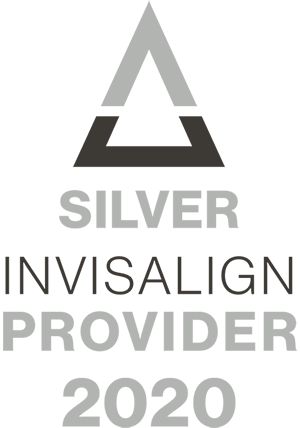The Complete Guide to Oral and Maxillofacial Surgery
If you're looking for a dentist in Bedford, NH, you should contact Dental Arts of Bedford. Here's a guide on oral and maxillofacial surgery.

Did you know that 10 million people in the United States alone suffer from temporomandibular joint (TMJ) disorders? TMJ is one of the many conditions that oral and maxillofacial surgery can help with. As long as you choose the right oral surgeon for your problems, your oral and jaw problems will be issues of the past.
But what does this kind of surgery involve? What kind of problems can it treat? How can you know if oral and maxillofacial surgery is right for you?
Keep reading to learn more about these types of surgery below.
What Is Oral and Maxillofacial Surgery Exactly?
Oral and maxillofacial surgery can solve a whole array of problems, but it is usually not the first method of treatment. This is because most dentists and dental surgeons prefer to use less invasive methods before progressing to surgery. Surgery of this type almost always involves remodeling and changing bones in some way.
Of course, this is a very invasive type of surgery, and it involves plenty of recovery time before you can get back to your normal life. However, there are some cases in which this kind of surgery is unavoidable. Some might suffer from such severe oral or jaw abnormalities that they have no choice but to get surgery.
Fortunately, today's surgical procedures and dental procedures are quite advanced. As long as you find a good surgeon, the outcome of the surgery should be ideal and should greatly improve your current issues. Maxillofacial surgery specifically covers the jaw and lower regions of the lower face, the hard palate (the roof of the mouth), and of course, the teeth.
The Details
A relatively common use of oral and maxillofacial surgery is to remove wisdom teeth. Of course, invasive surgery is not always necessary to remove wisdom teeth. However, there are some cases in which wisdom teeth may become impacted into a person's jaw or otherwise hard to reach and remove.
In this case, surgery is necessary. An ordinary dentist would not have the skills required to cut into the gum line and remove the teeth without causing any damage to the surrounding nerves and blood vessels. A maxillofacial surgeon, on the other hand, should be able to accomplish this without any problems.
Surgeons of this type are also able to correct certain jaw abnormalities. For example, a person with a severe overbite or underbite may have chronic pain in his jaw because his jaw is constantly strained and tense. A surgeon will be able to correct this kind of abnormality by repositioning and possibly reshaping the jaw.
That way, the jaw will fit better in the mouth, and the muscles responsible for supporting the jaw will no longer be strained and painful. This is often the case for people who suffer from TMJ. More often than not, the jaw is strained for some reason or another, which causes chronic and sometimes very severe TMJ pain.
What to Expect During Surgery
Because oral and maxillofacial surgery can vary so much according to the problem at hand, what you can expect during surgery may vary. However, before you go into surgery, your surgeon will take dental X-rays to visualize your oral and maxillofacial problems. They will also ask about what kind of symptoms you have.
This will help the surgeon diagnose the problem you may be dealing with. Depending on the severity of your surgery, the surgery may or may not be conducted in an outpatient setting. For example, if you need to get your entire jaw reshaped or repositioned, you may need to stay under the watch of healthcare professionals for a night or so.
If the surgery you require is quite severe, your surgeon will most likely use general anesthesia to sedate you. This will render you unconscious, so you won't be aware of the surgery, and you won't feel any pain during the process. If the problem is not very severe, such as if you need to have your wisdom teeth removed, your surgeon may use a lighter form of sedation that will not put you to sleep but will still prevent you from feeling any pain.
Depending on the kind of surgery you get, the surgeon may need to put stitches inside your mouth. He may also need to pack your mouth with gauze to minimize the bleeding. Doing this will also protect your mouth and will prevent you from accidentally biting down on any swollen tissue.
What to Expect After Surgery
After your surgery, you will likely experience some pain and discomfort once the anesthesia wears off. You will be provided with pain medication, especially after intense surgery. You will also experience a variety of side effects such as swelling, bleeding, and bruising.
All of these side effects are normal. However, if you find that you are experiencing excessive or very painful swelling, you should check in with your surgeon because you may have an infection. After your surgery, the surgical team will talk to you about how the surgery went.
They will also advise you on how to take care of your face and mouth as you heal. It is especially important to keep the treated sites as clean as possible to prevent an infection from developing.
All About Oral and Maxillofacial Surgery
Oral and maxillofacial surgery can fix a large array of conditions such as bite abnormalities, impacted wisdom teeth, and more. During the surgery, your surgeon will likely put the patient asleep with anesthesia. Afterward, the patient will experience some swelling and bruising, but after that, the healing process should be very smooth.
To learn more,
contact us here.












